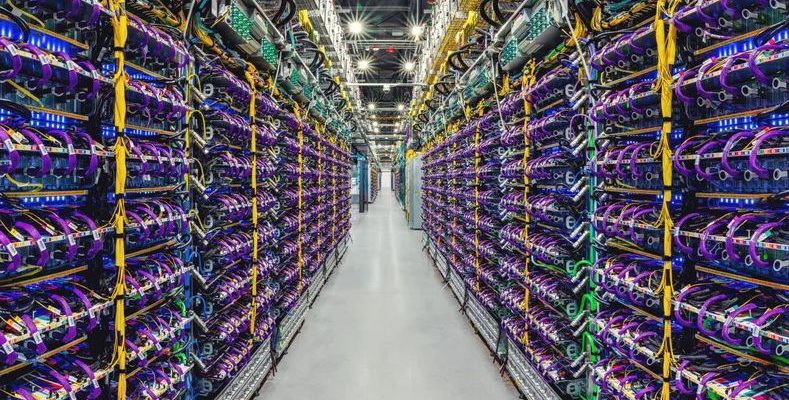There race for artificial intelligence passes the second. Google unveiled its most powerful AI model on Wednesday, called Gemini, which beats the GPT-4 reference on numerous tests, assures the Californian company. A lighter version was immediately integrated into its intelligent assistant Bard and its Pixel 8 Pro smartphone – but not in the EU for the moment. However, we will have to wait until the beginning of 2025 to see if Gemini Ultra, the most powerful version, really overshadows OpenAI. Depending on the capabilities revealed in a video, if Google did not cheat during editing, the promises could well be kept.
Gemini is a “large language model” (LLM) called “multimodal”. Translation: he is able to understand text, images and videos and respond in writing or orally. According to Google, the ultra version for the first time beat humans on an MMLU test, which measures understanding and reasoning skills in multiple areas (language, math, history, physics, medicine, law and ethics).
Comprehension and deduction
In a 5-minute demo, a user shows objects, drawings and videos to Gemini. The AI system comments orally on what it “sees”, identifies objects, plays music and answers questions requiring a certain degree of analysis, justifying its “reasoning”.
He quickly identifies the sketch of a duck, then later deduces that it is a plastic toy. Gemini then invents a game where you have to guess a country from a series of emojis. All you have to do is point to the country and the machine recognizes it. She also gets by with the bonneteau then suggests objects to knit from two balls of wool of different colors. The AI tries to guess the ending of a video in which a cat jumps on a shelf, believing that the feline will succeed. It’s a failure, but it’s more the fault of the cat that crashes than of the AI.
Google, like OpenAI, is working hard to achieve the Grail: artificial general intelligence (AGI), capable of reasoning as well, or even better, than humans. Some experts speculate that it’s just a matter of power, but others are far from convinced, believing that the machine’s intelligence is limited by its weak perception of the real world. Google intends to solve this problem by integrating its AI into robots benefiting from advanced sensory capabilities, particularly touch.

